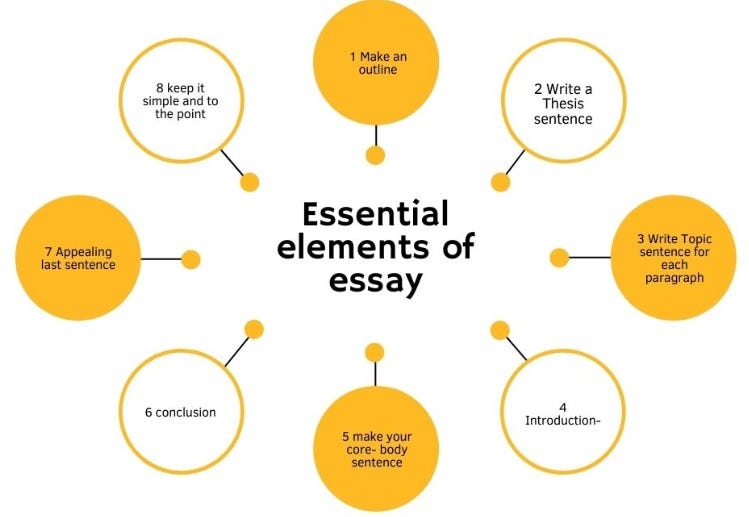An effective introduction sets the tone for your assignment and engages your reader from the start. It provides a roadmap for what to expect and establishes the context for your arguments. Here are the key elements to include in an assignment introduction:
1. Contextual Background
Begin with a brief overview of the topic. Provide essential background information that helps the reader understand the subject matter. This could include definitions, historical context, or relevant theories that frame your discussion.
2. Relevance of the Topic
Explain why the topic is important. Discuss its significance in the field, its implications, or its relevance to current events. This helps to justify the need for your research or discussion and captures the reader’s interest.
3. Research Question or Thesis Statement
Clearly state your research question or thesis statement. This is the central argument or point that you will be addressing throughout your assignment. Ensure it is specific, concise, and reflects the scope of your work.

4. Objectives of the Assignment
Outline the main objectives or goals of your assignment. What do you aim to achieve? This could involve exploring a specific aspect of the topic, analyzing data, or presenting arguments. Clarifying your objectives guides the reader on what to expect in the following sections.
5. Structure Overview
Provide a brief overview of the structure of your assignment. Indicate how the content is organized and what the reader can expect in each section. This roadmap helps readers follow your arguments and enhances the clarity of your writing.
6. Engaging Hook
Consider starting with a compelling hook—an interesting fact, a relevant quote, or a provocative question. An engaging opening draws the reader in and sets a dynamic tone for your assignment.
Conclusion
A well-crafted introduction is essential for setting the stage for your assignment. By incorporating these key elements—contextual background, relevance, research question, objectives, structure overview, and an engaging hook—you can create a compelling introduction that effectively prepares the reader for the content that follows.
